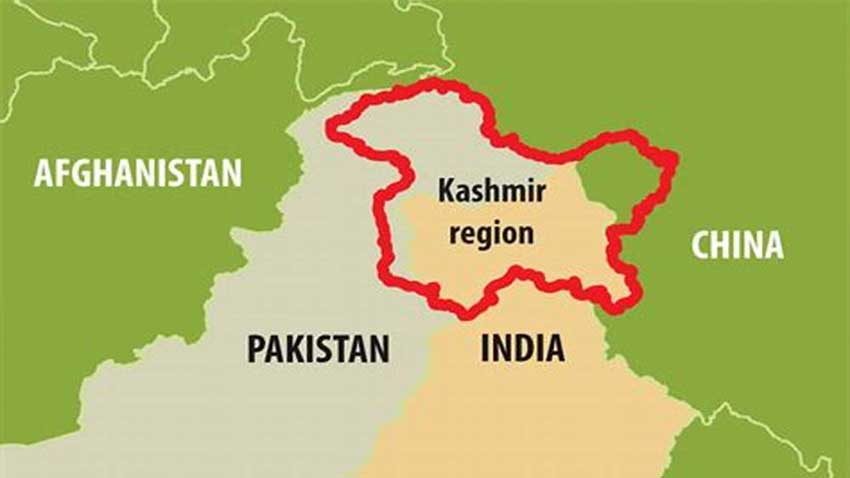
The recent U.S. airstrikes on Iran have sent shockwaves through global aviation, prompting widespread flight cancellations and serious operational reviews. Airlines across Asia, Europe, and the Middle East are now grappling with how to navigate an increasingly volatile airspace, particularly over Iran, Iraq, Syria, and Israel.
Singapore Airlines was among the first to act, suspending its flights to Dubai, citing a “fluid” security situation. The move comes amid growing unease over the safety of traditional Middle East routes, which have become vital for Europe-Asia connectivity following the closure of Russian and Ukrainian airspace.
Also Read: Global leaders reacted to U.S. airstrikes on Iran
Along with cancellation of flights, rerouting of flights had also been observed by many aviation companies. Recent post by Flightradar24 shows a big gap in the Iranian airspace.
Following US attacks on Iranian nuclear facilities, commercial traffic in the region is operating as it has since new airspace restrictions were put into place last week.
— Flightradar24 (@flightradar24) June 22, 2025
Image from 01:45 UTC 22 June. pic.twitter.com/IeJBa9kvF4
European carriers quickly followed suit. Air France cancelled multiple services to both Dubai and Riyadh, while British Airways grounded flights to Dubai and Doha. Both airlines say they re closely monitoring the situation before resuming operations.
U.S.-based carriers have also taken precautions. American Airlines suspended flights to Qatar, while United Airlines halted services to Dubai. These suspensions reflect growing concern over potential missile threats and the heightened risk to American commercial aviation in the region.
Aviation safety group Safe Airspace, run by OpsGROUP, issued a warning that any escalation, particularly U.S. strikes on Iranian nuclear sites, could further imperil airline traffic. The broader industry is also bracing for a spike in oil prices, which could significantly inflate jet fuel costs and impact airline margins.




